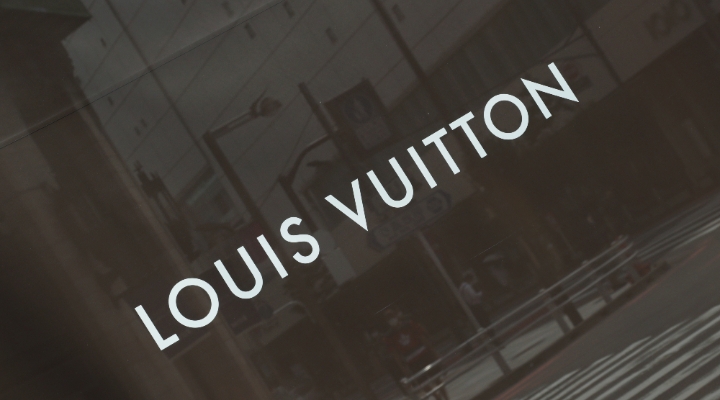Emma Wall: Hello, and welcome to the Morningstar series, "Why Should I Invest With You?" I'm Emma Wall and I'm joined today by Richard Pease, Manager of the CRUX European Special Situations Fund.
Hi, Richard.
Richard Pease: Hello.
Wall: So, politics is once again dominating the headlines in terms of Europe and European stock markets. We've had the Italian elections in the last week. And towards the beginning of the year, there was still some uncertainty around Germany and that parliament. How much does political unrest filter through into your investment process?
Pease: I think not very much. I think from a sentiment point of view, markets can get spooked. But I think it's very important to look through short-term concerns. And if you pick the right sort of business model run by the right sort of management team, very often it's global and niche and actually they've got pricing power and all the good things that follow. And so, we don't tend to get too focused on short-term issues like elections.
Wall: Having said that if you look down at the sort of regional exposure of the fund, you are not very invested in Southern Europe. So, presumably, if that's not a political decision, is that a stock-based decision?
Pease: We've always seemed to find better value in Northern and Central Europe. I'm sure there are very good companies in Italy and Spain, I think, but we've got very little exposure, you are right. I think it's more sort of valuation call and just some of the quality companies that we've got, we just prefer in Northern Europe.
Wall: The volatility that these events do cause though presumably creates buying opportunities for people such as you?
Pease: Well, I think, that's the point, because people can be quite irrational when they panic by definition and that does mean that some good stocks go down with some of the less good stocks. And so, we have been able to actually, I guess, possibly tweak the portfolio a bit to our advantage in the last month or two.
Wall: And how much does that volatility is to do, do you think, with the sort of political situation and how much of it is to do with the fact that we are reaching a point in the market cycle where perhaps as it matures, you are going to see a little bit more volatility?
Pease: Well, I think, it was getting a bit too easy. The market has been kind over the last year or two. And that never lasts forever. And I think you could sensibly argue it was time for a little bit of a shake out and a sort of wakeup call. And I think if you just bear in mind what's really caused it, I mean, if you look to the US, there is now talk of obviously economic growth and obviously that does affect interest rates and that does obviously impact how investors feel about life. And so, that sort of happened in Europe a bit too.
We've now got some economic growth coming back and obviously rates are extraordinarily low still and have been extraordinarily low for very long time, but they may drift upwards rather than downwards. I think that's slightly a concern in markets.
Wall: However, you said that obviously the market has done well, and economic growth is coming through. European equities still look attractive compared to, as you mentioned, the U.S. market where valuations are extremely high.
Pease: Well, I think, that's fair. I mean, I think, we just look at the portfolio that we've got, and you look at the numbers for this year, in P/E terms, it's about 15.5 times and the portfolio has a dividend yield of about 3.25%-plus and it's very good in terms of balance sheet strength. And that's not hugely extravagant. Certainly, by U.S. standards, that would be a very good value for the underlying stocks. I think that's fair.
Wall: And the portfolio today, looking forward, how is that positioned compared to a couple of years ago where perhaps European equities were less loved. They were less on the individual investors' radar?
Pease: I'm afraid that I'd have to say same old. We don't tend to make huge changes. I think really the best way to invest is just taking good business models run by good reliable management with proven track records and actually being patient. And we haven't really changed much in terms of our approach regardless of whether the economic outlook is slightly better or worse. We tend to stick with it.
Wall: Richard, thank you very much.
Pease: Thank you very much.
Wall: This is Emma Wall for Morningstar. Thank you for watching.





























